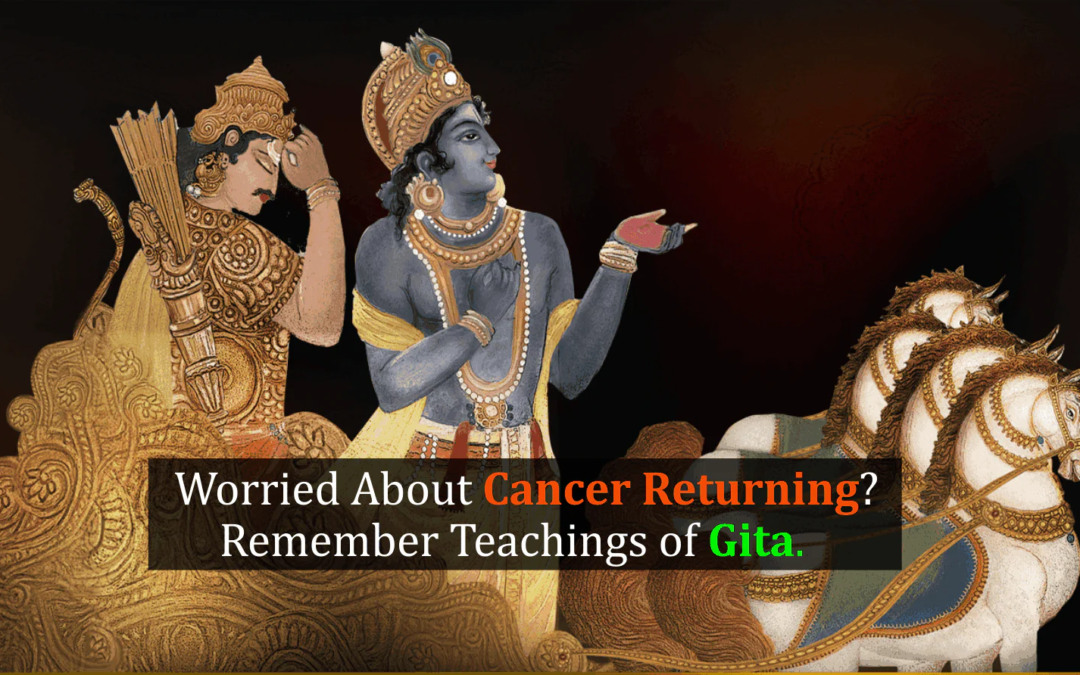“कर्मणये वाधिकारस्ते मां फलेषु कदाचन । मां कर्मफलहेतुर्भू: मांते संङगोस्त्वकर्मणि” ।। (Bhagwat Gita: Chapter Two verse 47). This simply means ‘focus on the task at hand, don’t let the actions hinge on the outcome’.
How is Cancer Treated?
Cancer is treated based on cancer treatment protocols which are specific for a given stage of cancer. Most cancer patients will need at least two types of treatment out of three main modalities; surgery, chemotherapy and radiotherapy.
Surgery is the most efficient way to cure cancer. The idea of surgery is to remove all visible cancer. If that is not possible, which can happen sometimes, then surgery fails to serve its purpose. In most of the cases when surgery is adequate, despite technological advances there is no way to know if there are cancer cells left at the end of treatment or surgery. All these cases are treated based on the stage of cancer. There are protocols for almost every stage of cancer as to how to treat. These protocols are based on extensive research or consensus.Seeking treatment at specialized cancer hospitals in India can ensure adherence to these protocols and access to comprehensive care options.
There are some cancers where radiation and chemotherapy are offered as main treatments. In these situations, a follow-up with scan (like PET CT) would be essential to assess the response.
Beat Your Enemy Incessantly
If we wait for cancer to grow till it becomes visible on scans and then treat, you would have wasted valuable time. The disease would have regained strength.
Can We Predict Cancer Outcomes?
We can predict cancer outcomes only to a certain extent. We know for example that a patient with a stage 1 cancer is likely to do better than stage 3 or 4. Here the word likely is very important. This denotes that there would be some patients who defy this rule. In statistical terms, we talk about percentages. Even when we say your chance of cure is 90%, we actually mean to say that you could also be in the 10% who are unlucky to get cancer back. This despite doing the same treatment.
We also know that some cancers have better outcomes than others. For example, the cancer of thyroid and testis can most of the times be cured. We know that the hormone receptor-positive breast cancer behaves much better than a negative one. We have also some genetic markers (Oncotype Dx, MammaPrint, etc) that can predict outcomes in breast cancer patients thus giving an opportunity to avoid chemotherapy. Again these are statistical. This is by far we can go.
Focus on Task
We do not have answers for everything. What we know is that each person’s cancer is different. Some do very well with very advanced stages of cancer, whereas, some with early cancers get back their cancer. This mystery is yet to be solved.

